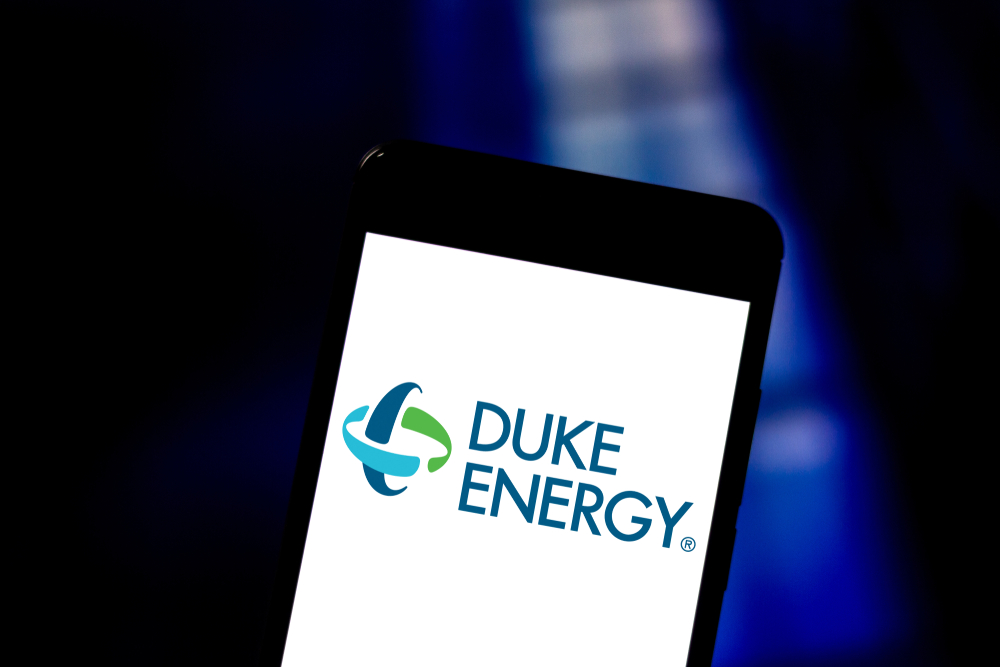
Duke Energy Corporation (DUK), headquartered in Charlotte, North Carolina, is a prominent leader in the energy sector, providing reliable and sustainable energy solutions across the U.S. With a market cap of $87.8 billion, Duke Energy drives progress in renewable energy and advanced technologies, enabling communities and businesses to meet their energy needs while reducing environmental impact.
Companies with a market value of $10 billion or more are classified as “large-cap stocks,” Duke Energy comfortably fits into this category. This distinction highlights its role as a dominant force in the utilities sector, underscoring its substantial size, influence, and leadership. Operating across the U.S., Duke Energy serves millions of residential, commercial, and industrial customers with a wide range of energy solutions.
Duke Energy’s shares are trading 6.6% below their 52-week high of $121.25, which they hit on Oct. 21. The stock has declined 3.2% over the past three months, underperforming the Vanguard Utilities Index Fund ETF (VPU), which has gained 4.7% over the same time frame.
Over the longer term, DUK has gained 16.7% on a YTD basis, lagging behind VPU’s 26.8% return. Similarly, over the past 52 weeks, DUK's 22.2% return has trailed the VPU's 27.1% rise.
However, DUK has traded above its 50-day moving average with a few fluctuations and has remained above its 200-day moving average since March, signaling a bullish trend.
DUK stock dipped over 2% following its Q3 earnings release on Nov. 7. The company reported adjusted EPS of $1.62, a 16.5% year-over-year decline, falling short of consensus estimates of $1.73. However, total revenue increased by 2% to $8.15 billion, exceeding the forecasts. Duke Energy reaffirmed its 2024 adjusted EPS guidance of $5.85 to $6.10, though it anticipates results near the lower end of this range. Additionally, the company projects a steady annual growth rate of 5% to 7% through 2028, signaling long-term confidence in its growth strategy.
Its rival, NextEra Energy, Inc. (NEE), has gained 29.1% over the past 52 weeks and has risen 24.7% on a YTD basis, outpacing DUK over the same time frame, respectively.
Analysts remain cautiously optimistic about its prospects despite the stock underperforming the broader sector. DUK has a consensus rating of “Moderate Buy” from the 21 analysts covering the stock and has a mean price target of $124.53, suggesting a potential upside of 9.9% from its current price.






